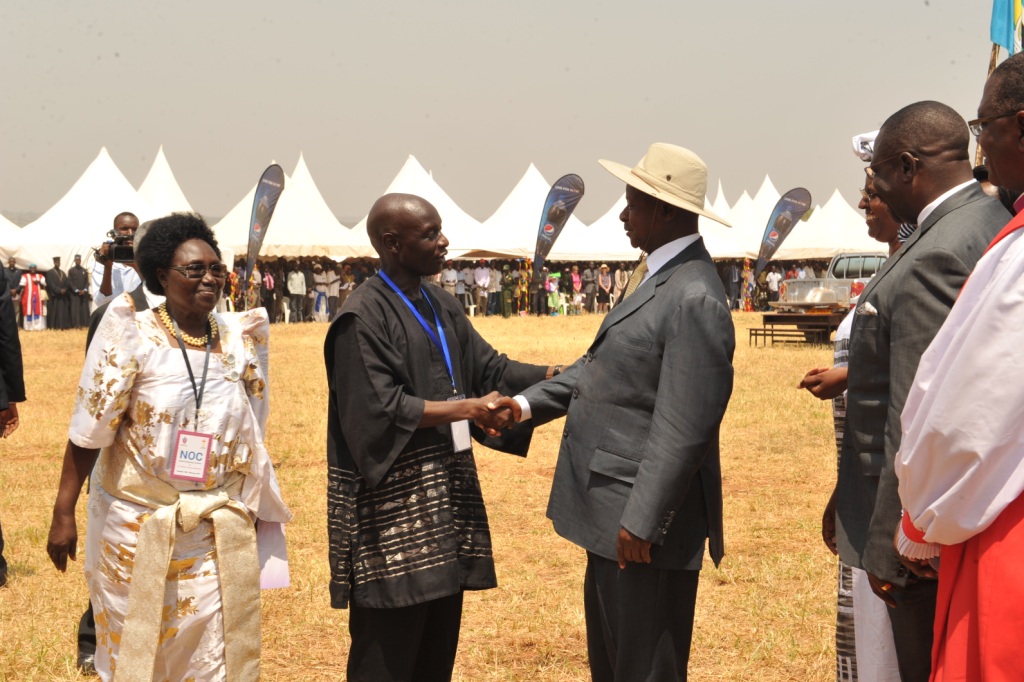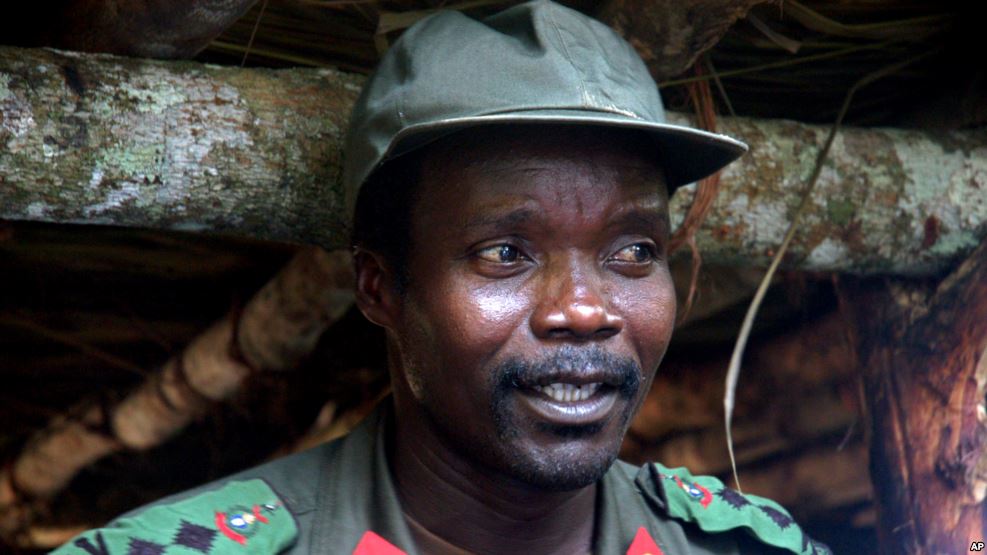This last week Ugandans celebrated the second Janani Luwum national holiday.
The late Arch Bishop has long been a lesson in Ugandan schools about the brutality of the Idi Amin regime that was responsible for his death. Lately, his example stands as something else; the duty to speak truth to power in the face of abuses especially by the State.
In one item, his death and martyrdom were a violent and ultimate disgrace of the regime of Idi Amin but the other aspect, his example of fortitude and resolve even in the face of grave danger has a longer, more useful and present purpose.
I could not reflect on the celebration of the national holiday dedicated to Luwum without a deep sense of its irony. Just before the holiday a priest from the West of the country and the President had gotten into a public quarrel about what the Church could or could not say to the seat of power in the country. But perhaps even more glaring in the celebration held in Kitgum was the absence of Joseph Kony.
Idi Amin may have brutally murdered Janani Luwum but in the aftermath of the downfall of the Amin regime, the collapse of the state in Uganda and retreat of power holders in the north had given rise to the Lord’s Resistance Army. Around Mucwini, Janani’s ancestral home, one LRA attack in 2002 claimed dozens of victims.
It was known particularly for its brutality.
Babies were smashed by the rebels on trees and their mothers forced to pound them in traditional wooden mortar and pestles – used to soften grains. Others were burnt in huts. The terrorism of the LRA was meant to discredit the Museveni regime and some of Janani Luwum’s most fervent disciples like Olara Otuunu blamed the government for failing to protect citizens.
It was Olara Otuunu who re-introduced me to Luwum as an adult. At that time, he was campaigning for the designation of the Northern Uganda war as a particular genocide against the Acholi people – a sentiment that still holds with many members of the Acholi elite.

So to celebrate Luwum – without Joseph Kony, and on a narrative stripped of the context of LRA violence (non-state violence) is a form of rehabilitation of the group if not a powerful sign of the changing times.
While LRA committed heinous crimes – it has always been the state, and violence by the state that enjoins Luwum’s martyrdom. With the absence of the LRA from the North for over a decade now, the crimes of the state return to offer a fearfully less urgent reading of their crimes in places like Mucwini.
The ogres of today’s violence, the new LRA, are taxpayer enabled security officers caught brutally torturing and killing civilians. These are the monsters that fill the national papers and frighten TV and radio audiences.
With every new story of torture, death and the slow expanse of impunity by amongst others elite police officers the less present LRA has become and the more immediate the violence of power – the kind Luwum stood against.
One of the disagreements I had with Olara Otuunu was that he may have sought some kind of equivalence in the violence of the LRA and that of the government especially amidst the worst period of the Northern Uganda crisis.
If not a false equivalence he at least placed a (reasonable and heavier) burden on the government for not doing enough. A sort of criminal negligence borne out of the duty of care a government has.
Consequently, many thought or even accused him of excusing the rebels whose actions occasioned the harm in the first place.
But with the absence of the LRA at the celebration of Luwum Day, his mentor the late Arch Bishop is also freed to be a symbol of what has always been the genesis of violence in Uganda – the abuse of state power by those responsible for it.
Many who come to this issue today will automatically focus on the many examples of the current violence, the torture in places like Nalufenya, the personal accounts of deprivation, detentions without trial, the fetishization of national security, abuse of superior orders and the cynical – and mostly evil disregard for life.
These things are capable of rehabilitating even the worst crimes of the LRA ( or Amin’s other crimes). Luwum was right to stand against them in the 70’s. More should speak out against them today.
Read Otuunu on his view of the Northern Uganda war and dedication to Janani Luwum at Harvard – June 2007










